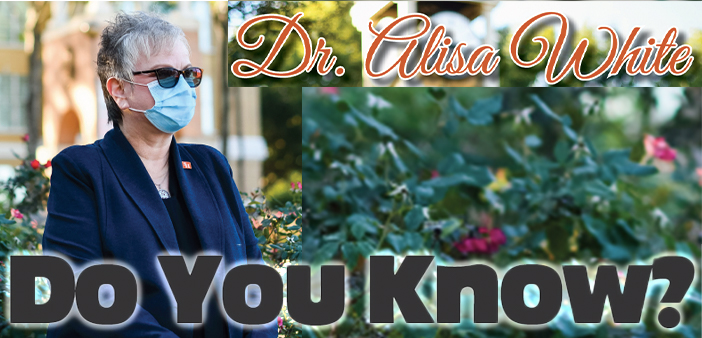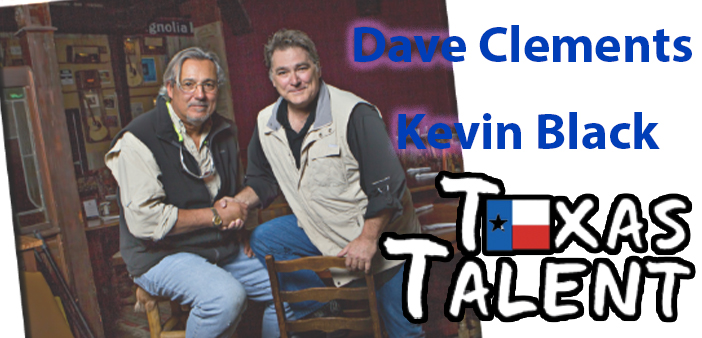Whenever we think about changes in body weight, there is a specific thought process used to identify the reasons for it. This approach is based on an understanding of the balance between a given horse’s energy intake and energy output. Weight loss results from an imbalance between caloric intake and expenditure of energy. Factors that affect either (or both) intake and outflow will change the balance and affects a horse’s weight. If there is more energy expenditure than caloric intake, a horse will lose weight.
In order to determine whether a horse is underweight or not, it is first important to know what their optimal weight should be. This is a very subjective assessment. The closest we can come to making an objective judgment is through an established Body Condition Score System, which rates horses on a scale of 1-9. On this scale, 1 is emaciated and 9 is obese. Body condition scores of 5 to 6 are considered optimal. This system is based on assessment of the muscle and fat that cover the bony landmarks of the body, especially of the top-line and ribs.
Healthy body systems and metabolism results in the nutrients in the bloodstream being processed, with the necessary energy used and the remainder put into body stores in the form of complex sugars, muscle, and fat. Anything that decreases nutritional intake, with all else being equal, will result in weight loss. Therefore, the most common reasons for weight loss in horses are:
When designing a feeding program, keep in mind the basic metabolic differences among breeds and individuals. A young thoroughbred racehorse will be a much “harder keeper” than a 10-year-old pony gelding. Breeding stallions, late-term pregnant mares and lactating mares are all fed to account for their additional energy expenditures. Within breeds, certain individuals will be harder keepers than others. The basis of most equine feeding programs is good quality forage or hay. Many idle horses without special needs maintain healthy weight on grass hay alone. Make sure all horses are on an appropriate parasite control program, and keep them all in good dental health. It is always best to work with your veterinarian to identify and treat underlying health problems causing weight loss.



